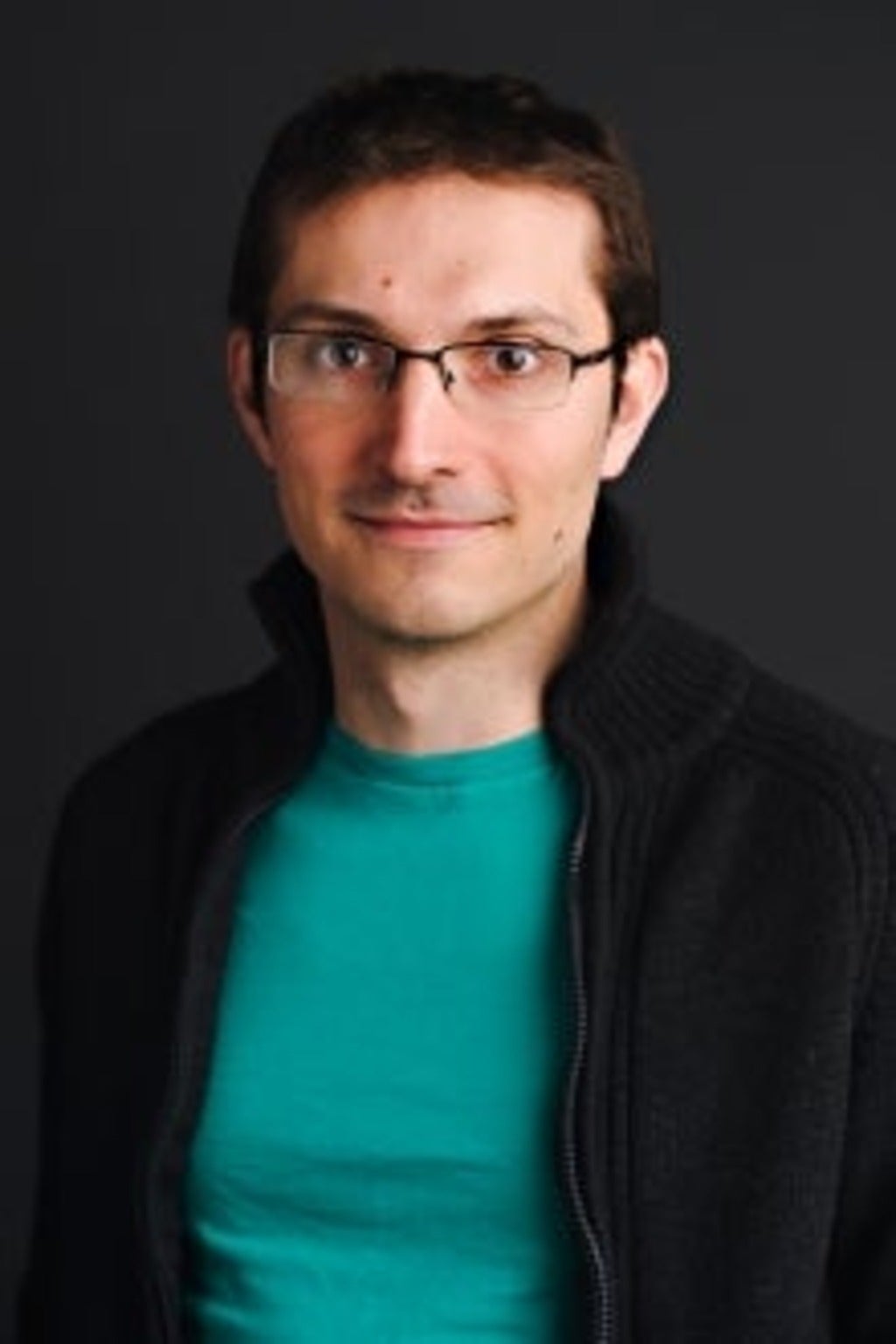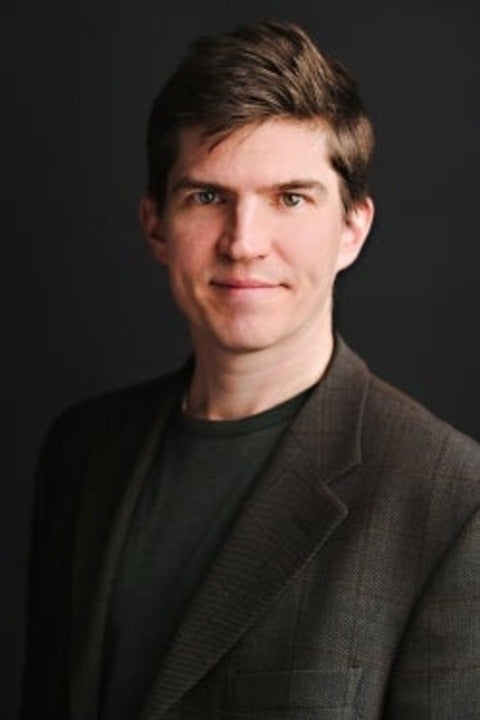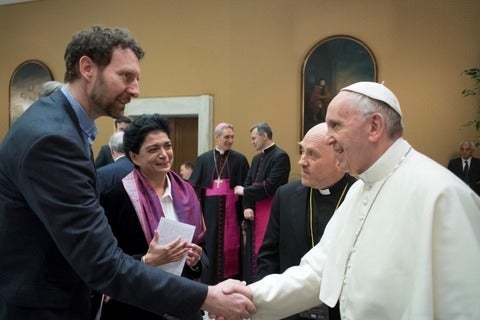A key piece to understanding how quantum gravity affects low-energy physics
Researchers have, for the first time, identified the conditions for theories of quantum gravity to be compatible with one of the paramount predictions of quantum theory and relativity: The Unruh effect.







